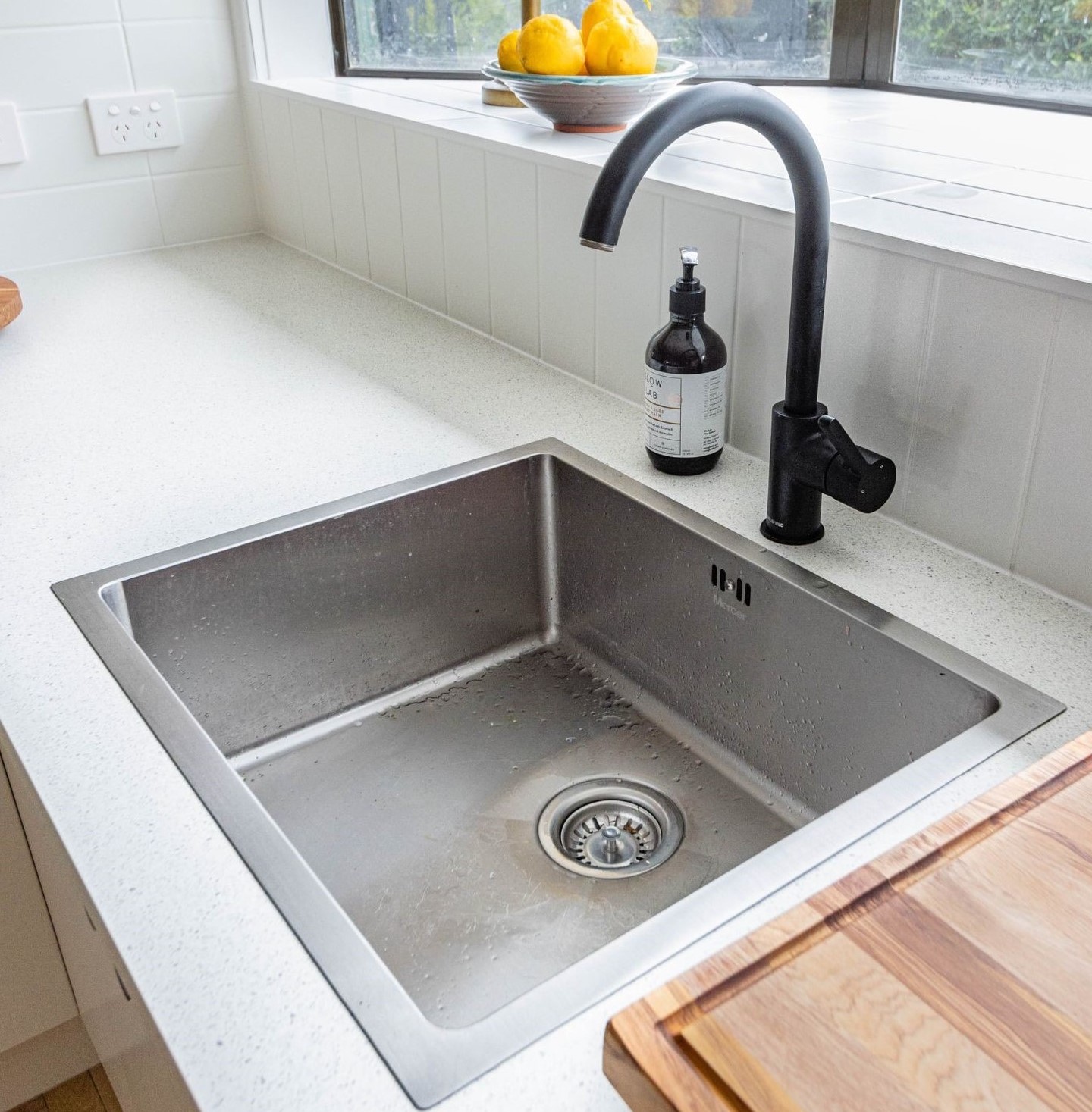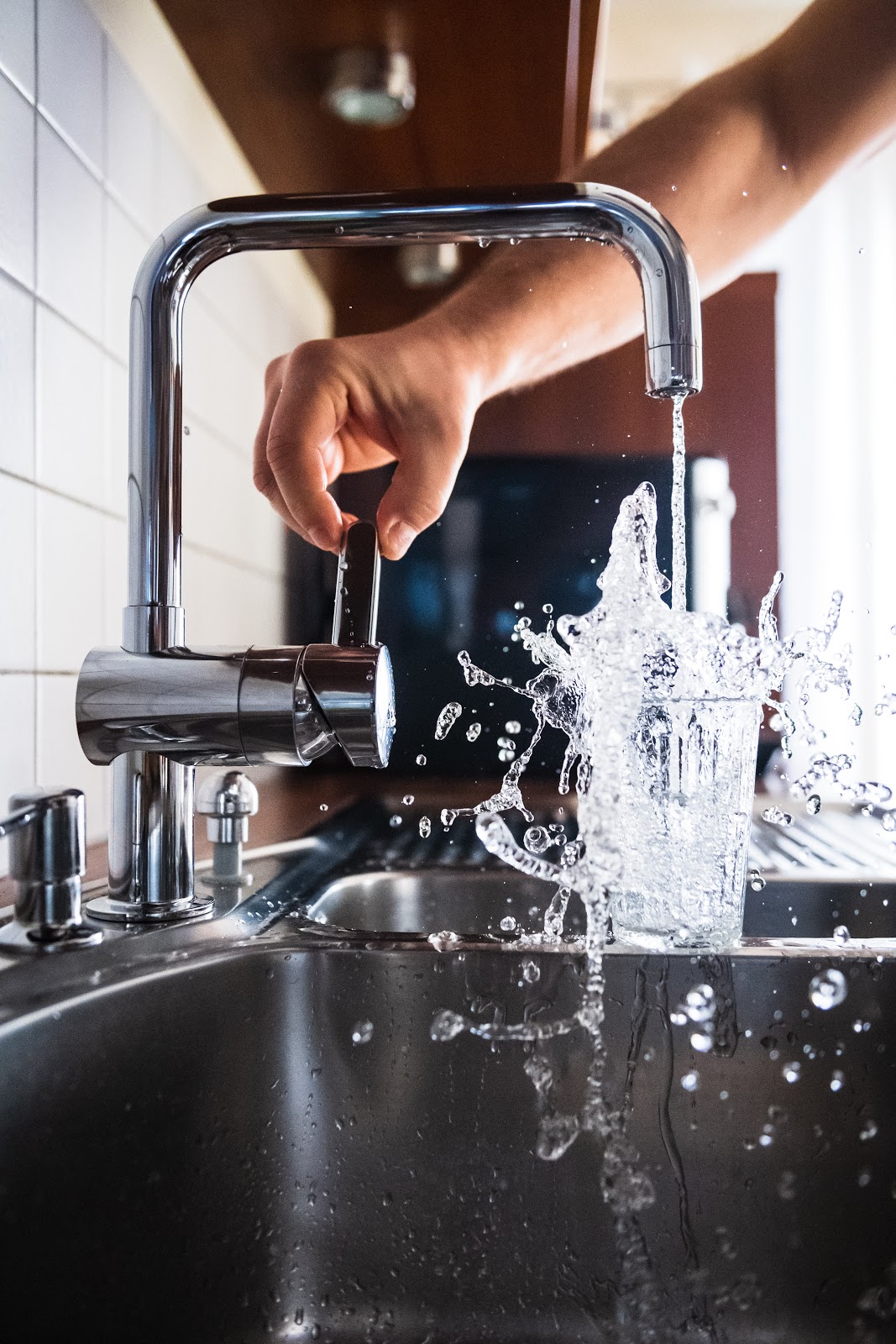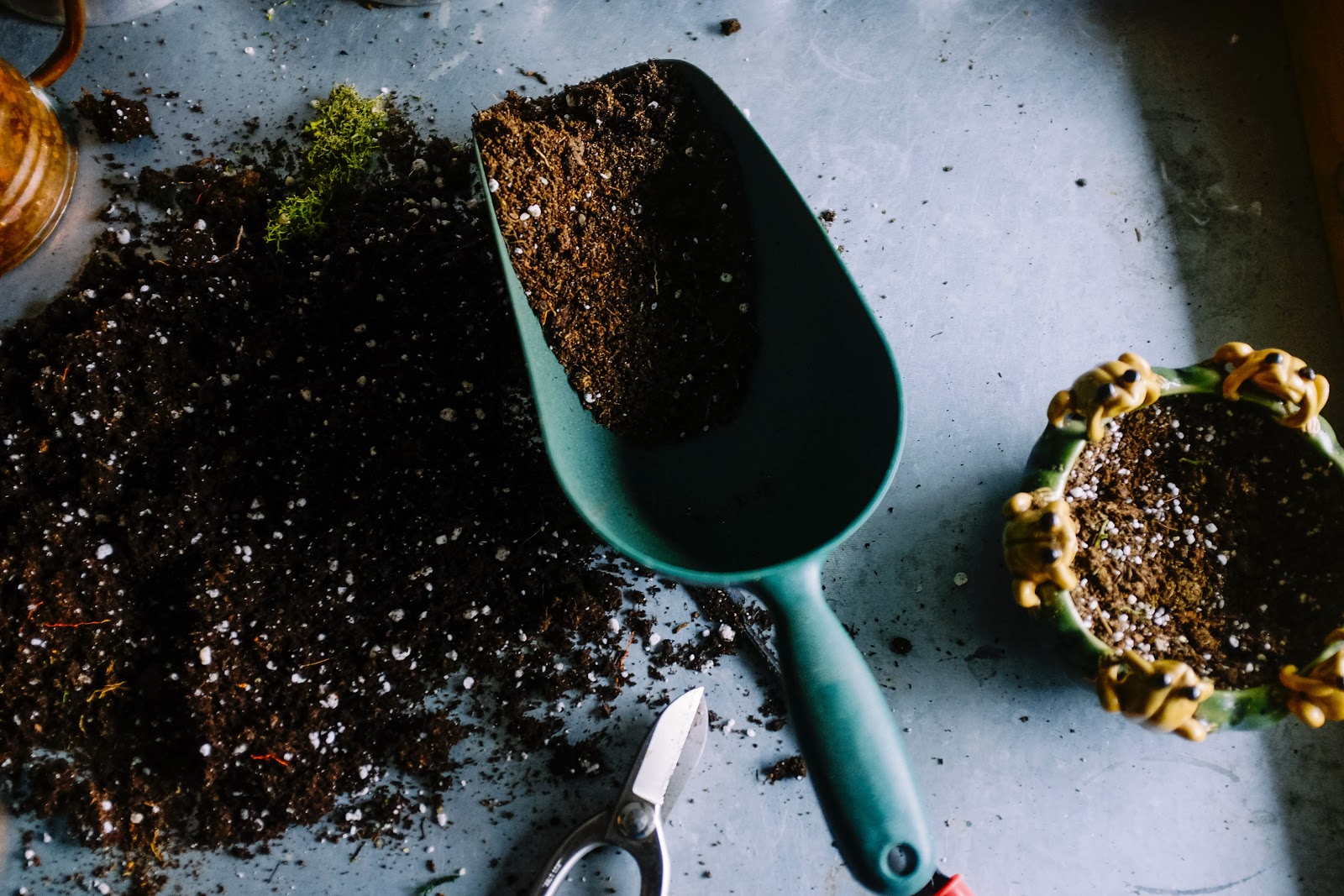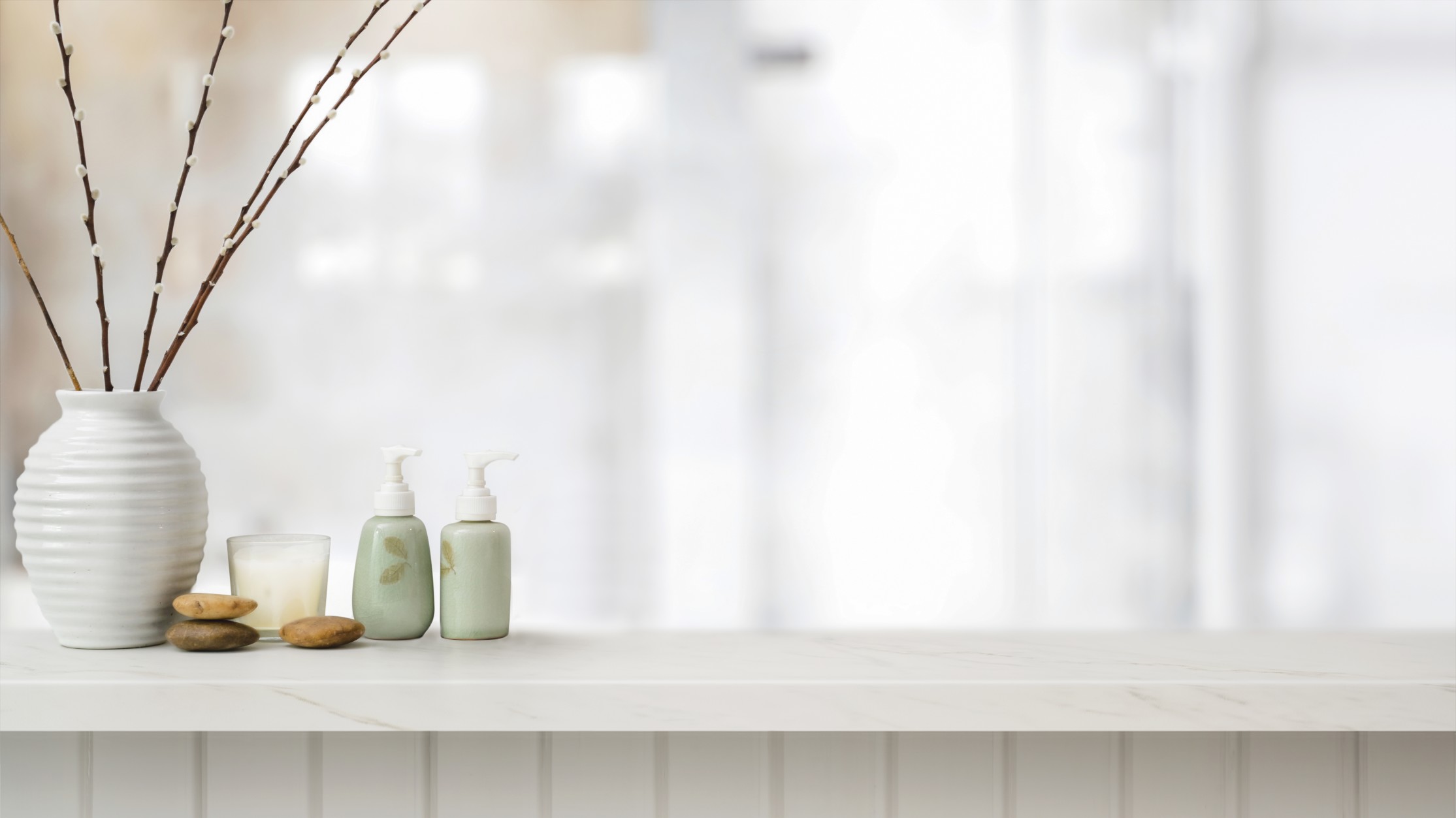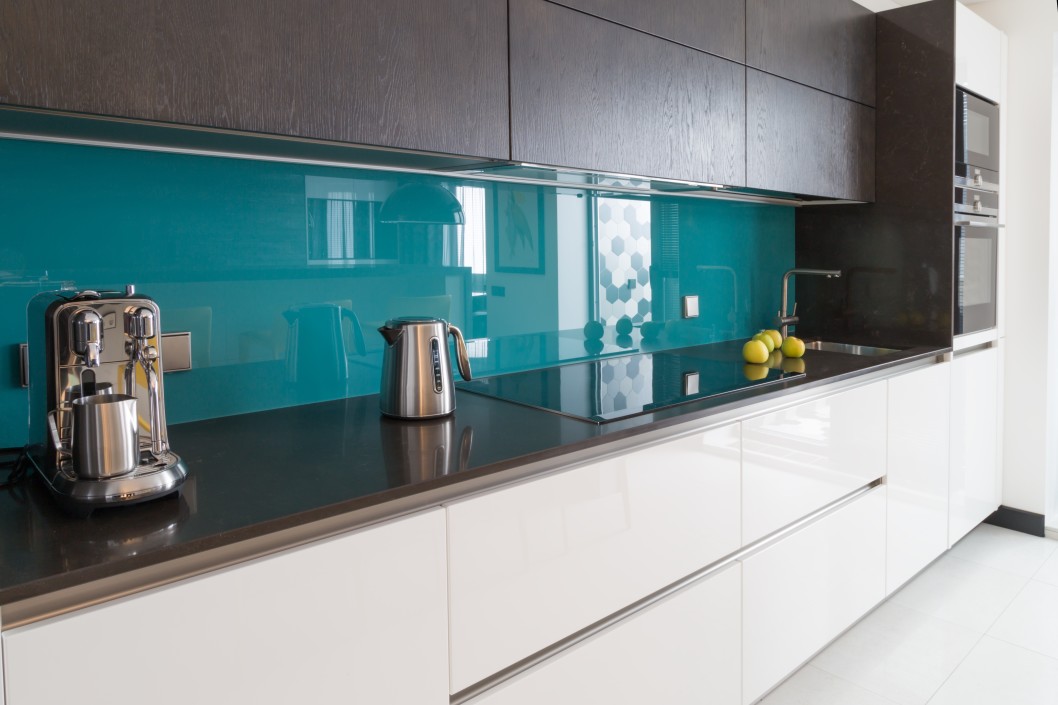We know, we know. It’s so easy to just toss that hot, oily grease down the drain without a second thought, but oh man can it can really cost you in the long run. While the grease is likely still hot when you pour it down the drain, and therefore still in its liquid state, it won’t be once it’s nice and cooled down in your pipes. And this gunky, sticky solidified grease acts as a trap for other debris that goes down your drain, eventually creating a pretty nasty blockage that can wreak havoc on your entire septic system. In fact, and we kid you not, it once took a team of sewage workers not one, but THREE weeks to clear a 15 ton ball of grease that nearly led to a street filled sewage-fest. Yikes! Avoid the mess (and the giant ball of grease) with these tips:
First… Have You Considered Reusing Or Repurposing It?
For instance, instead of tossing that bacon fat leftover from cooking up breakfast, consider storing it and using it as a tasty flavor booster for other foods. You can add it into roasted vegetables, use it to fry up burgers, make it your new favorite base for homemade gravy, or keep it on hand to season your cast iron. The possibilities are endless… and endlessly tasty! And this doesn’t just apply to bacon. Be sure to look up other recipes that may be better suited for the grease you now have on hand.
If You Simply Must Be Rid Of It
- Let the grease cool. This will allow it to solidify, which brings us the next step…
- Transfer the solid grease into a vessel, such as a used bottle, plastic tub, or container. We recommend avoiding glass due it’s tendency to, ya know, shatter.
- Once your vessel is full, dispose of it with the rest of your trash.
Having septic issues or need guidance? We can help! Contact us here
If you enjoyed this article, check out these other articles:

